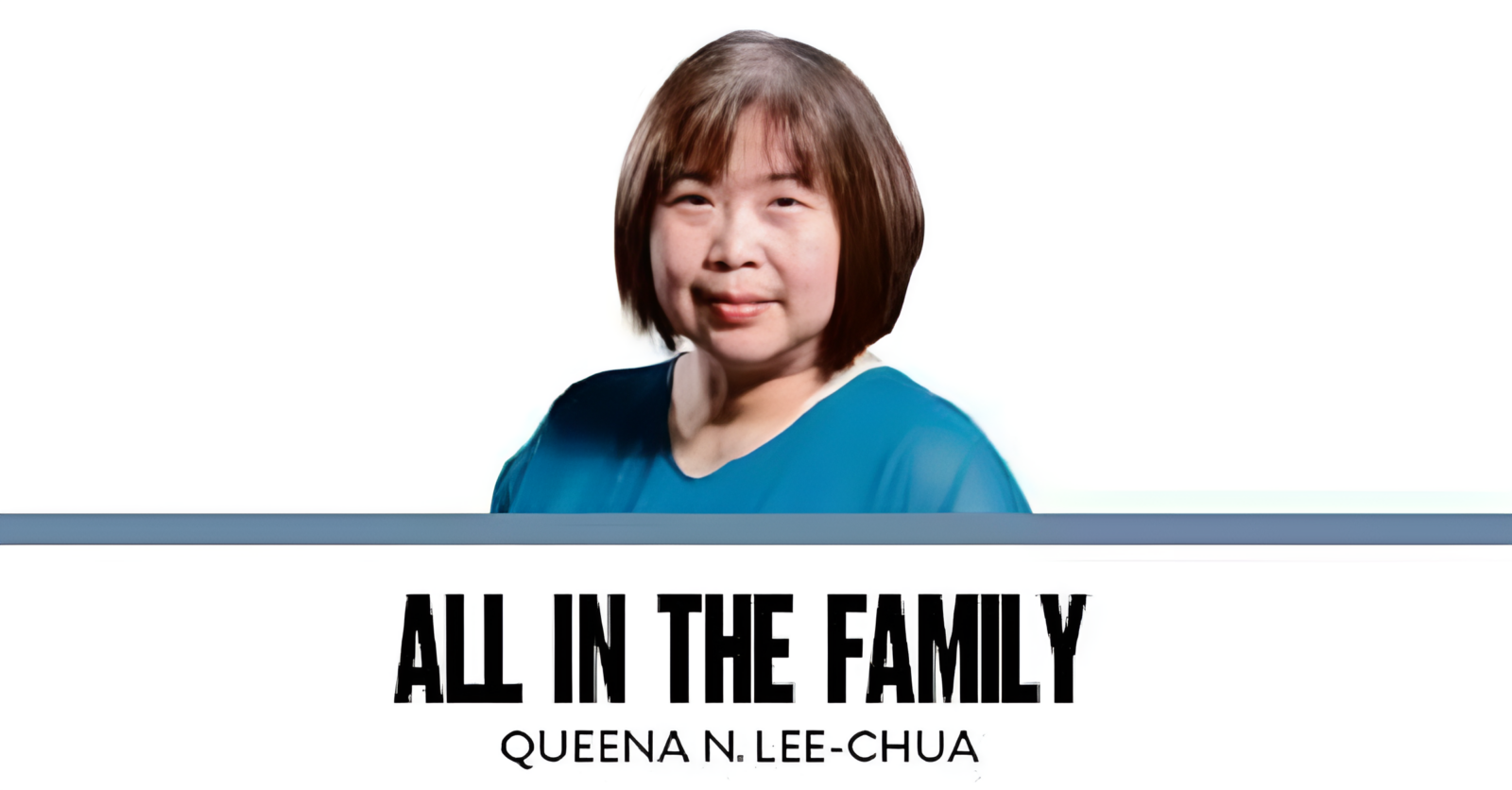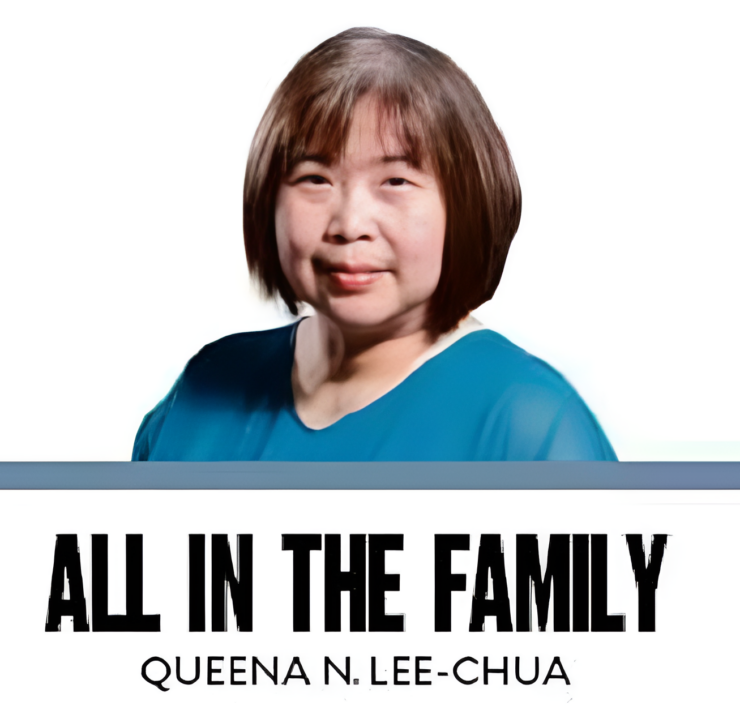Filipinos are happy with their workplace, says survey

A grace-filled Independence Day to all!
Aside from history and nationhood, independence also has work connotations. Independence at work—aka, work flexibility—is prized by Filipinos, according to employee experience platform WorkL’s Global Experience Workplace Report 2024. In fact, Filipinos are more satisfied with their jobs than those in many other countries, such as the US or the UK.
This is a surprising finding, given our perennial demands for higher pay and better working conditions.
Using crowdsourced employee data from 400,000 individuals in 100,000 workplaces in more than 100 countries, the report discovered that work flexibility, mental and physical well-being, work pay and purpose at work are significant factors in workplace satisfaction.
More than 80 percent of Filipino respondents are happy with their work hours and the ability to work from home, with several employers continuing to cater to this work-life balance even after the pandemic. The ability to save hours from tedious commutes is essential, particularly if the Edsa rehabilitation will come to pass.
Globally, respondents scored lower than prior years on work engagement due to anxiety and/or depression. Younger employees are more at risk, which puts the onus on employers to address mental health.
The good news is Filipino respondents still scored higher than those in other countries, especially since 79 percent say that they believe that their employers care for their mental well-being.
Astoundingly, 79 percent of Filipino respondents also say that they are happy with their current pay. WorkL’s report does not say why, but perhaps the fact that our country regularly makes the happiest countries list may be a contributing variable.
Aside from pay, respect is also appreciated by employees, which shows that there are alternative ways of recognizing people aside from pay.
Eighty-three percent of respondents feel that they are doing something worthwhile, which contributes to their sense of purpose on the job.
The Salary Survey Guide 2025 done by the headhunting firm Robert Walters tells a different story. Two-thirds of Filipino respondents are looking for new jobs, with the average tenure of professionals at just 2.3 years. Employees expect pay raises, with the majority of businesses agreeable to this.
In another study of 2,000 professionals in the UK last year, Robert Walters found two-thirds of Gen Z employees do not want to be middle managers, deeming these posts “high stress, low reward.” Many tune out on the job, or quiet-quit (perform tasks at the minimum level just to fulfill the work contract, without taking on added responsibilities).
“Long hours, endless firefighting and tedious personnel management are the usual markers of [middle-management] roles,” says columnist Anjili Raval in the Financial Times.
“Many younger employees have probably seen the downsides of blind loyalty,” she adds. “They watched their parents burn out, be let go or struggle through downturns. The promise of bountiful pensions and job security is not there, trust in leadership and respect for authority are lower and they do not assume that climbing the ranks will protect them.”
Opting out of the traditional route of climbing-the-corporate-ladder, Gen Zs favor individual career growth.
“Flatter structures, greater ability to freelance and tech-driven autonomy have made alternative paths more viable,” Raval adds. “Rather than taking on manager roles, younger workers are prioritizing building individual expertise and having control over their schedules.”
The image of middle management as mere “bureaucratic enforcers” also needs to change. Instead of micromanaging affairs, they need to be mentors who can encourage and at the same time hold employees accountable.
Different surveys yield different results, but the constants of a good workplace are there: flexibility, purpose, engagement.
Queena N. Lee-Chua is with the board of directors of Ateneo’s Family Business Center. Get her book “All in the Family Business” at Lazada or Shopee, or the ebook at Amazon, Google Play, Apple iBooks. Contact the author at blessbook.chua@gmail.com.


















